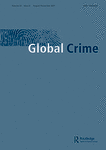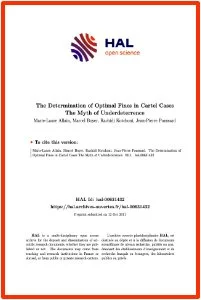By Angus K Ryan
Crime can evade detection and prosecution by criminal justice systems. This can include safety crime, briefly defined here as violations of law that either do, or have the potential to cause sudden death or injury as a result of work-related activities. Research estimates that 2.3 million people across the globe succumb to work-related incidents and diseases every year, and that safety crime causes nearly 900 annual deaths in Britain. Despite this largescale harm, safety crime fails to attract major political, public, or academic attention. One consequence of the lack of attention to safety crime in policy discussions is a significant gap in the body of knowledge on how to effectively punish safety criminals. This thesis aims to address how the effectiveness of penalties for safety criminals can be improved to reduce safety crime. To fulfil this aim, this study answers: which theories are currently informing the punishment of safety criminals in England and Wales? Which theories are effective at punishing safety criminals and why are they effective? How can penalties be used to effectively punish safety criminals? This qualitative study explores 21 stakeholders’ views on the relationship between the punishment of safety criminals and the prevalence of the theories of deterrence, retributive justice, rehabilitation, and incapacitation in England and Wales. The findings of this study indicate that there is a lack of punishment for safety criminals in England and Wales, and that the theories of deterrence, retributive justice, rehabilitation, and incapacitation can be used in varying degrees of effectiveness against these persons, typically dependent on how penalties are used to achieve these theories. The interview data suggests numerous methods of improving current penalties and effectively punishing safety criminals. This study concludes that a mixture of sanctions in a pyramid of penalties should be used to punish safety criminals more effectively.
Bristol, UK: University of Bristol, 2022. 300p.






